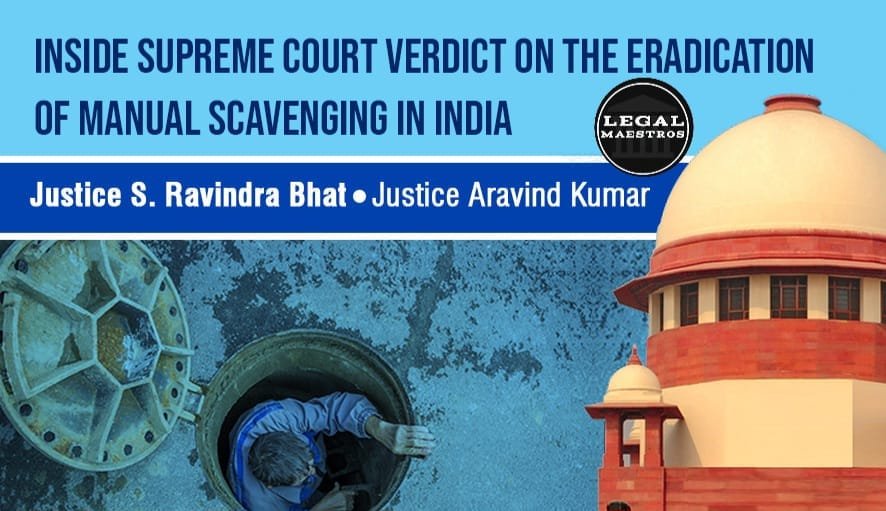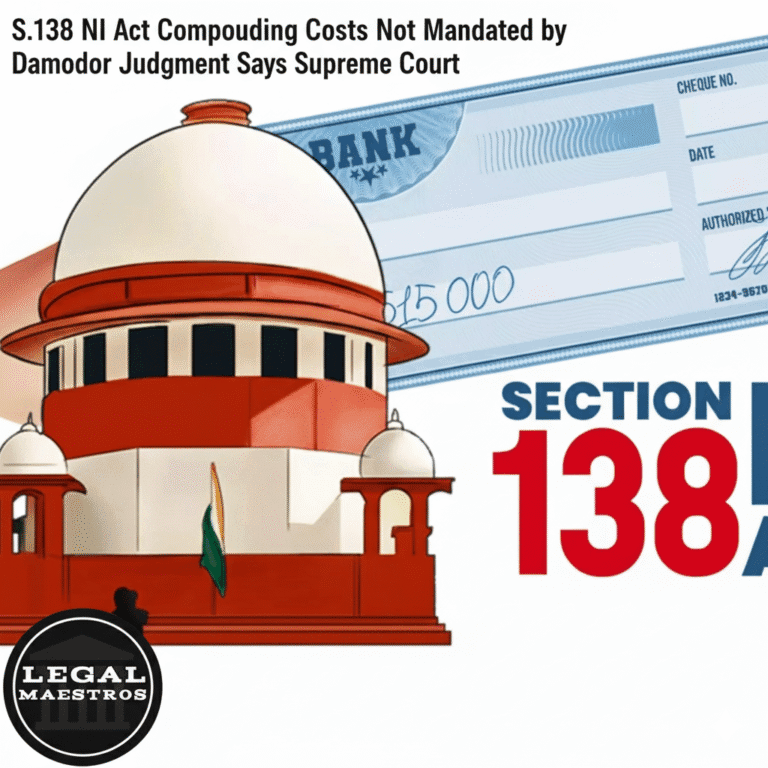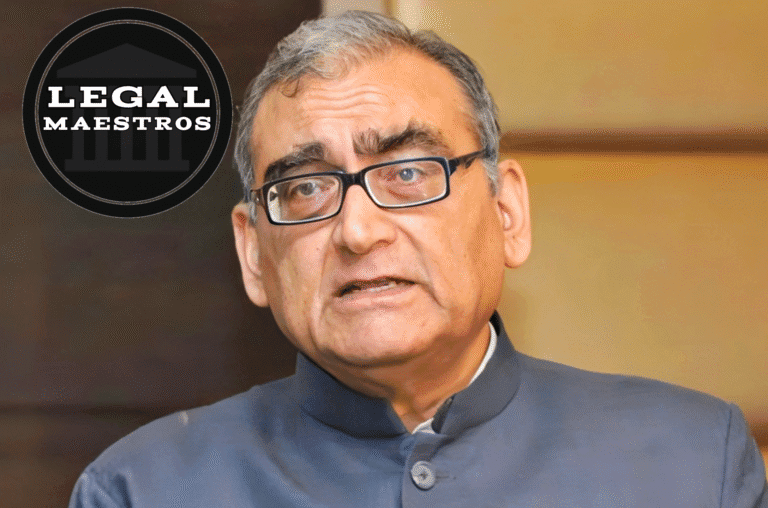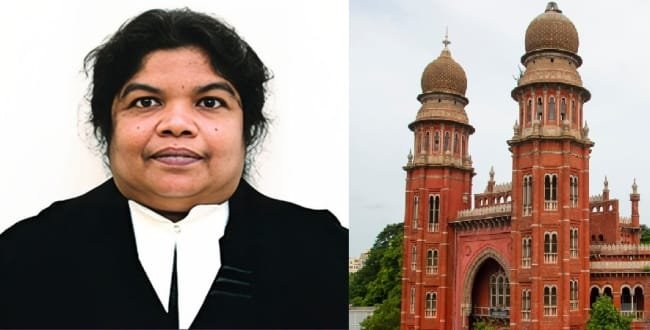
In the related public interest litigation case aimed at encouraging the eradication of manual scavenging, a Bench comprised of Justice Sudhanshu Dhulia (retired August 9) and Justice Aravind Kumar were presented with images and a description of unlawful manual scavenging taking place at Gate F of the Supreme Court building. The images presented to the Court were from a cleaning operation, where workers were employed to clean the crossing at Gate F, without access to proper protective equipment – leaving them vulnerable to serious health and safety risks. This shocking finding was surprising given the national statutes already in existence and earlier landmark judgments prohibiting manual scavenging. The Court ordered a PWD (Public Works Department) official, currently in charge of maintaining the Supreme Court premises, to file a detailed reply and also subsequently impleaded the East Delhi Municipal Corporation, as it required an explanation as to how manual labor was still being deployed for unlawful manual scavenging when it contradicts nationally bans in place on cleaning rights for all workers, including sanitation workers, and dignity at work.
Issue
The main issue was the ongoing hazardous manual scavenging taking place at the Supreme Court’s own premises, which violates the Supreme Court’s rulings and all national statutes prohibiting the practice.
Judgement
Although there was no formal final order delivered in this hearing, the Supreme Court warned forcefully and definitively that officials found by the court to allow or facilitate manual scavenging on the premises of the apex court would be subject to criminal prosecution. The Court indicated that it would expect satisfactory compliance reports by the Public Works Department and East Delhi Municipal Corporation, but Made clear that if the reports did not adequately respond to the concerns raised, the Court would direct that FIRs be registered against the culpable officers. This stern warning by the Court is consistent with its landmark ruling of October 2023 which recognized how manual scavengers continue to exist in “inhuman conditions” and concomitant to the ruling the court ordered an award of rupees Rs. 30 lakh to families of workers who die cleaning sewers.
For any queries or to publish an article or post or advertisement on our platform, do call at +91 6377460764 or email us at contact@legalmaestros.com.
Reason
The Court’s critical observations were made on the basis of the undeniable evidence (videos) and the complete inability of government entities to eradicate manual scavenging notwithstanding the policies and laws prohibiting its usage. The apex court premises itself using manual scavengers created a systemic failure of oversight by the apex court itself undermining its own prior orders as well a dignity-first approach to sanitation workers. The threat of criminal proceedings indicates that the Court will demand that the law prohibiting manual scavenging as well as those to protect vulnerable workers, for safer mechanized alternatives, is strictly enforced. This case also requires next step public administration accountability and institutional diligence to guarantee human rights standards are met when carrying out functions of government.






